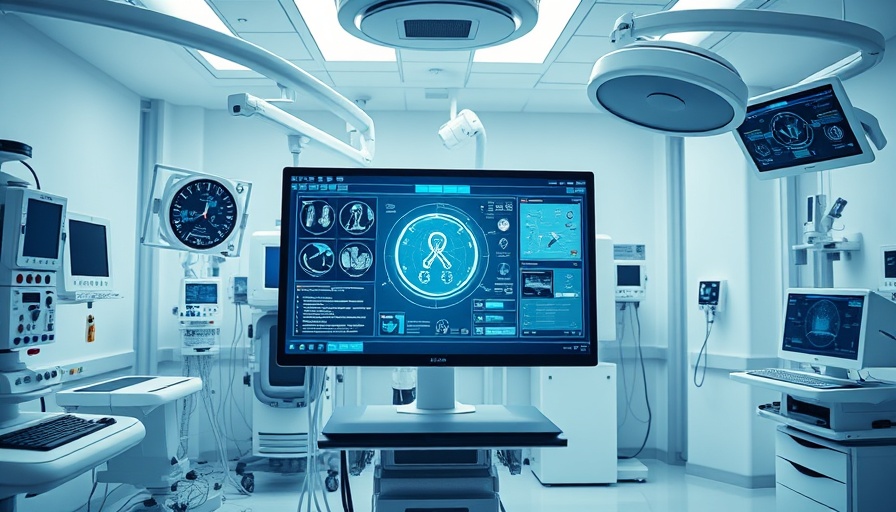
Revolutionizing Cancer Care with FHIR-Based Reporting
This past year marked a significant evolution in cancer care as six prominent health IT vendors pledged their support for USCDI+ Cancer data elements. This initiative, announced by the White House in March 2024, emphasizes the essential role of seamless data sharing in oncology, aimed at creating a standardized healthcare system to enhance cancer care.
The Importance of Interoperability in Healthcare
Interoperability is crucial for improving treatment outcomes and patient experiences. The USCDI+ Cancer program, along with the Centers for Medicare & Medicaid Services' (CMS) Enhancing Oncology Model (EOM), showcases the collaborative efforts of diverse stakeholders—including government, industry, and healthcare providers—to standardize clinical data elements. This standardization is intended to streamline healthcare delivery and enhance cancer treatment.
A Closer Look at FHIR Implementation
The drive toward FHIR (Fast Healthcare Interoperability Resources) API-based reporting is evident in the recent developments surrounding the EOM. Various groups swiftly came together to produce an Implementation Guide, facilitating the submission of crucial clinical data during Performance Period 1 (PP1). Providers had the choice between traditional chart abstraction methods and automated FHIR submissions. Early findings suggest a positive trend towards the usage of the automated methods, signaling a promising future for technology in cancer care.
Collaboration: The Key to Improved Cancer Care
This initiative's success underscores the significance of collaboration across various sectors. The ongoing feedback from the first performance phase indicates a growing number of healthcare providers opting for the more innovative, tech-driven submission methods. Such collaboration not only maximizes the efficacy of cancer care but also fosters an environment where patient-centered services thrive.
The Road Ahead: What It Means for Patients
For patients, these advancements in data interoperability translate to more informed and efficient care. As healthcare entities work together to embrace standardized data reporting, the ultimate goal remains clear: improved outcomes and the delivery of high-quality, patient-centered cancer care across the nation. This ongoing commitment will be vital as the healthcare landscape continues to evolve.
As we witness these advancements, it’s clear that the future of oncological care is intertwined with technology and cooperation. Stay informed and engaged in the ongoing innovations transforming cancer treatment.
 Add Row
Add Row  Add
Add 




 Add Row
Add Row  Add
Add 


Write A Comment